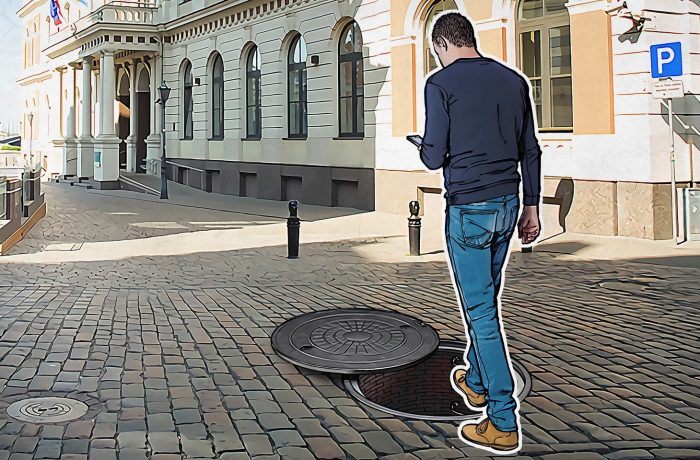
Stranger danger: the connection between sharing online and losing the data we love
Research shows that people who share data digitally are more likely to suffer from data loss and have device issues.
1441 articles

Research shows that people who share data digitally are more likely to suffer from data loss and have device issues.

How messages with confirmation codes from banks are intercepted and what can you do to protect yourself.

By now, everyone has heard about the WannaCry ransomware attack. So far we have two posts about it: one with a general overview of what happened, and another with advice

Kaspersky Lab is teaming up with Comae Technologies to present an emergency webinar for businesses to help them understand and defend against the WannaCry ransomware. The malware has primarily affected business networks, and has claimed victims around the world in a wide range of industries.

What makes the self-replicating encryptor WannaCry so dangerous and how to prevent infection.

What is General Data Protection Regulation and what should you do about it


Recapping the 2017 iteration of Kaspersky Lab’s annual conference, the Security Analyst Summit, with 10 Tweets.

Even Mac users take risks when shopping online. Fortunately, we can help.

It turns out there are bots in Tinder and OkCupid. Who wants that?

Drones are a part of the Internet of Things, which is widely known to be vulnerable. SEO title: How to hijack a drone

Although people seemingly have a deep affection for their data, they are yet to truly value their data and effectively protect their devices from these dangers.

Think connected toys for kids are more secure than those for adults? Think again.

Where are the most dangerous places to live? How about the biggest fans of e-mail — and of porn? All that and more in our annual cybersurvey.

The most sophisticated attack ever seen on any endpoint, this modular spyware lurks on Android and iOS.

Samsung releases more and more devices with Tizen OS. At SAS 2017, we found out that this OS is highly insecure.

We investigated three cases of ATM robbery — involving remote-controlled malware, a Bluetooth keyboard, and a drill.

Good news: Our international project No More Ransom was joined by more than 30 new allies, gathered 15 new decryption tools, and was translated into 8 more languages.